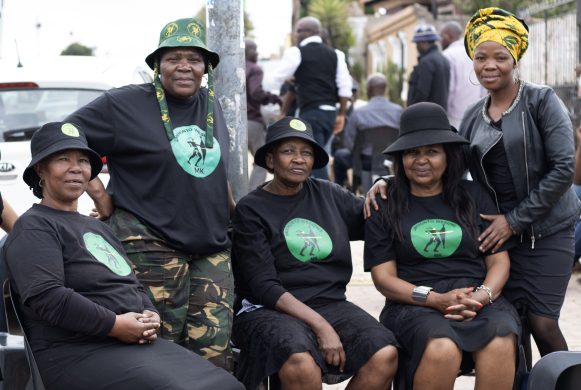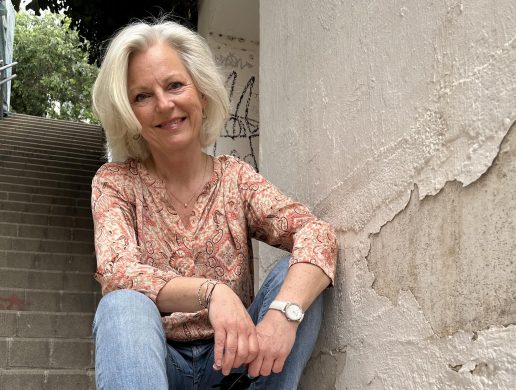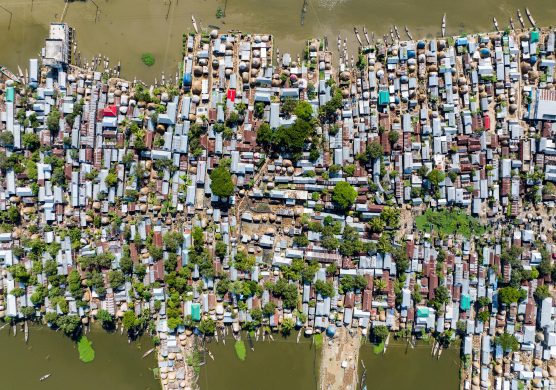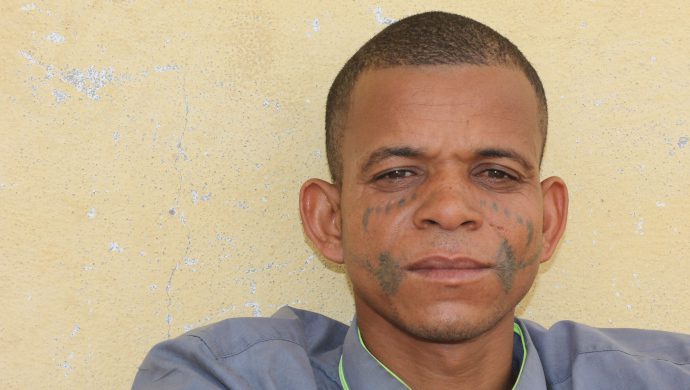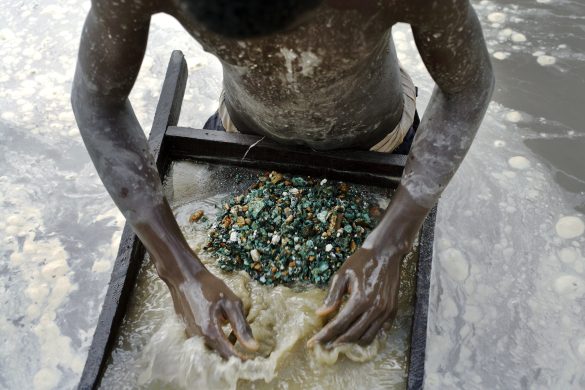NEW YORK, 5 May 2011: An international arrangement that channels investment into clean energy and greenhouse (drivhus) gas reduction technology in developing countries has registered its 3.000th project, the secretariat of the United Nations climate change convention reported Thursday.
The 3.000th project, under the Clean Development Mechanism (CDM), is a wind power project in Inner Mongolia, China, the UN Framework Convention on Climate Change (UNFCCC) said. The mechanism is part of the Kyoto Protocol, an addition to the Convention that contains legally binding measures to reduce greenhouse gas emissions.
The project is expected to reduce emissions of carbon dioxide (udledning af CO2), the greenhouse gas which contributes most to human-generated climate change, by more than 101.000 tons a year.
It will involve the installation of 41 wind-powered turbines capable of producing up to 49,5 megawatts of electricity. The electricity produced will be fed into the power grid (net) and displace electricity that otherwise would have been generated through the burning of high-carbon fossil fuel.
CDM was founded by governments on the principle that every project must deliver a real and transparent reduction of carbon emissions in a way that contributes to sustainable development.
Under CDM, projects that reduce greenhouse gas emissions and contribute to sustainable development can earn saleable emission offset credits (salg af CO2 kvoter) – the so-called certified emission reductions or CERs. Each CER is equivalent to one ton of carbon dioxide.
Developed countries which have an emission reduction commitment under the Kyoto Protocol can use the CERs to meet part of their obligations to reduce their national greenhouse gas emissions under the Protocol.
To date, 1.039 projects have earned a total of more than 600 million certified emission reduction credits, according to UNFCCC.
– The Clean Development Mechanism is still evolving and will continue to do so. But from the original concept to now, it has been a success way beyond the initial expectations, not only in the number of projects but also in its ability to attract private sector investment into bettering livelihoods and environments of people in the developing world, said Christiana Figueres, the UNFCCC Executive Secretary.
– The world will not solve climate change without an ever-increasing commitment to international cooperation,’ said Ms. Figueres.
– That means the financial sector and business must be given ways and means to help put money and technology where they are most needed into the developing world, as well as into the developed world, noted she.
– Governments and the board that manages the CDM are working to attract more projects into the poorest countries and to safeguard the mechanism’s environmental integrity, added Ms. Figueres.
Kilde: FNs Nyhedstjeneste







